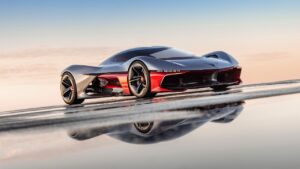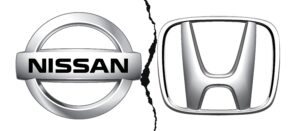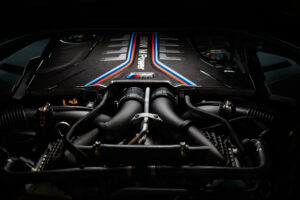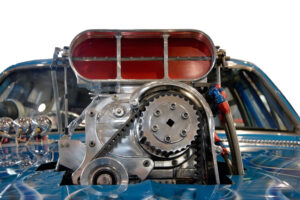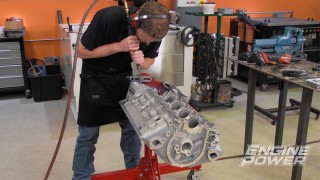Frustrated with Car Tech Overload? Study Reveals You’re Right
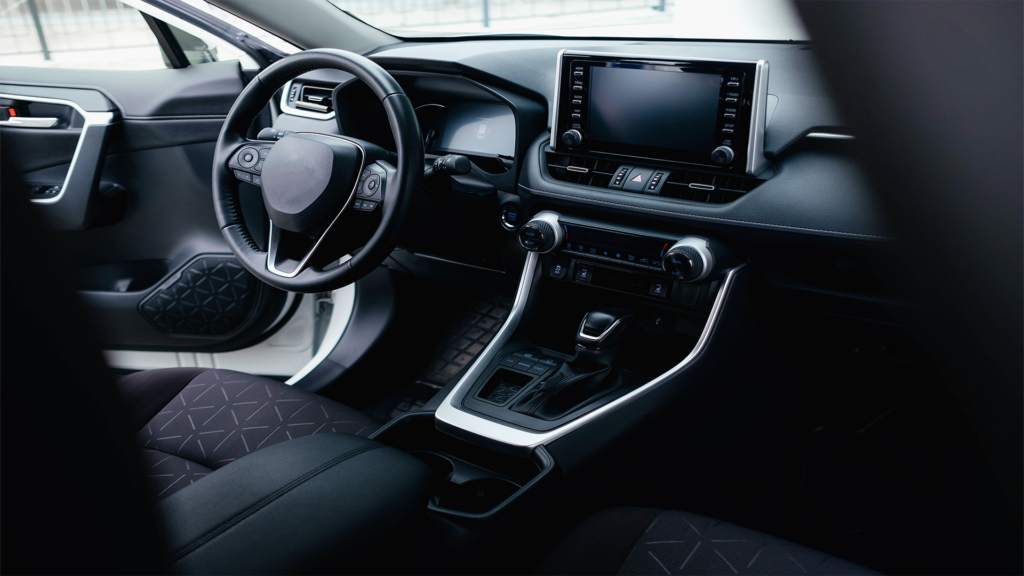
In recent years, it seems like automakers are trying to turn our rides into rolling tech marvels. As car enthusiasts, we appreciate the feel of the road, the roar of the engine, and the satisfaction of a well-crafted vehicle. A recent J.D. Power study sheds light on how drivers feel about these high-tech additions, and the results might surprise you.
Table of Contents
The Tech Overload
The 2024 U.S. Tech Experience Index (TXI) Study by J.D. Power reveals that while some advanced technologies are well-received, others are leaving drivers frustrated and unimpressed. The study, which surveyed over 81,000 new car owners, highlights a growing disconnect between the technology automakers are rolling out and what drivers actually want.
One of the most telling findings? Drivers are increasingly indifferent to many advanced driver assistance systems (ADAS). While features like blind-spot cameras are appreciated, others—like hands-on-the-wheel driver assistance systems—are seen as unnecessary. These systems, designed to help with lane-keeping and maintaining speed, received low usefulness scores, with many drivers feeling they can handle these tasks just fine on their own.
What Works and What Doesn’t
Interestingly, some new bells and whistles are hitting the mark. AI-based features like smart climate control have quickly become favorites among those who use them. These systems adapt to your preferences, making the driving experience more comfortable without requiring much thought or effort from the driver.
On the flip side, technologies like interior gesture controls and facial recognition are falling flat. These features, which sound impressive on paper, often create more problems than they solve. According to the study, a significant percentage of drivers found these systems to be more of a hassle than a help, with high problem rates and low perceived usefulness.
The Cost of Unwanted Tech
For automakers, this disconnect isn’t just a matter of customer satisfaction—it’s a financial issue. Developing and implementing these advanced add-ons requires significant investment. When these features don’t resonate with drivers, that investment can feel like money down the drain. J.D. Power’s study includes a return on investment (ROI) analysis, helping automakers identify which technologies are must-haves, which are nice-to-haves, and which are simply unnecessary.
A Shift in Strategy
So, what does this mean for the future? Automakers might need to rethink their strategies. Instead of pushing the latest and greatest, it might be time to focus on features that truly enhance the driving experience—like AI-driven climate control or intuitive infotainment systems. As the study shows, not all tech is created equal, and drivers are becoming more selective about what they want in their vehicles.
For those of us who value the driving experience over digital bells and whistles, the findings of this study are a reminder that more isn’t always better. As automakers continue to innovate, it’s clear that the focus should be on enhancing the driving experience, not just adding more features.
